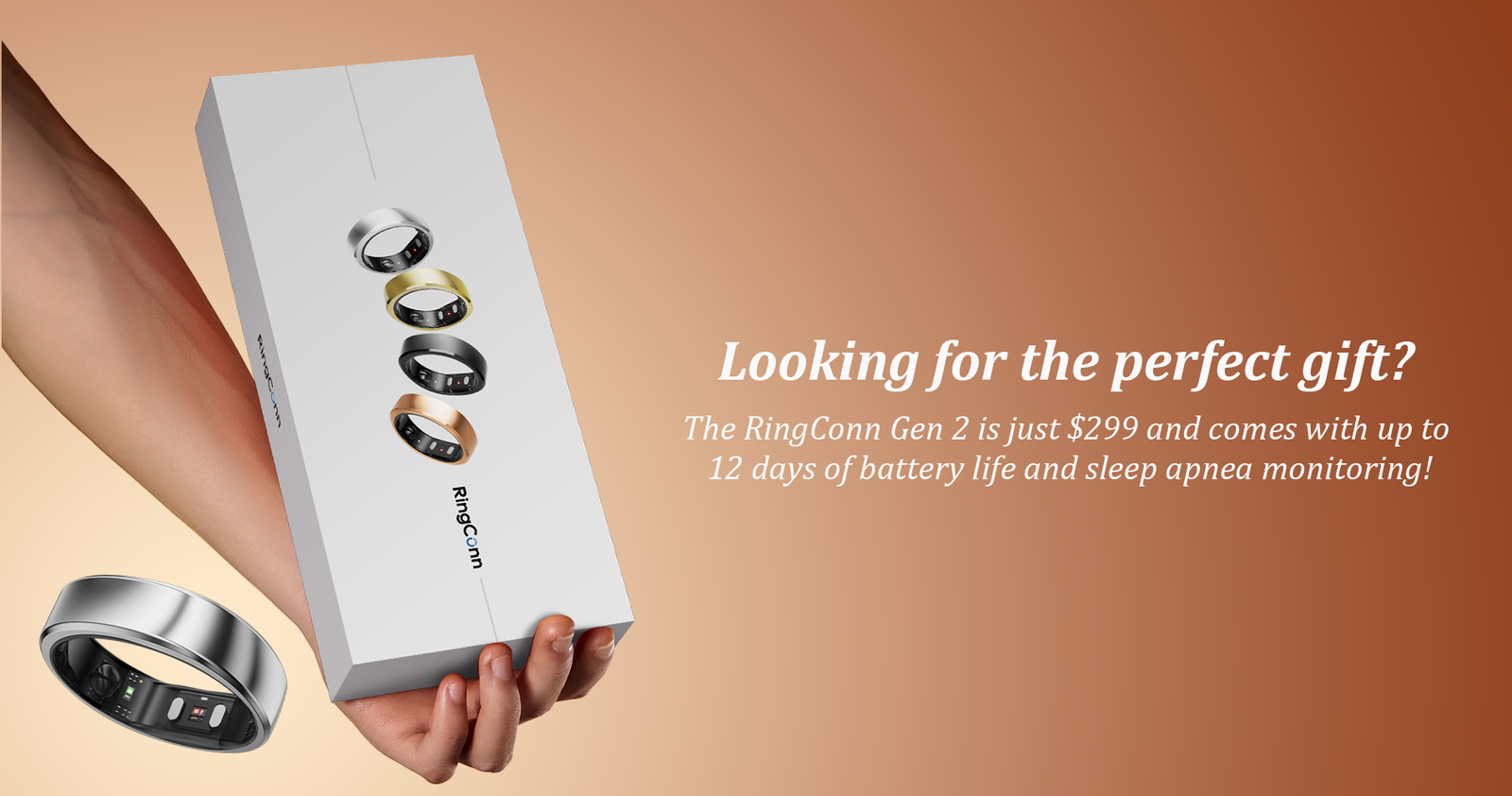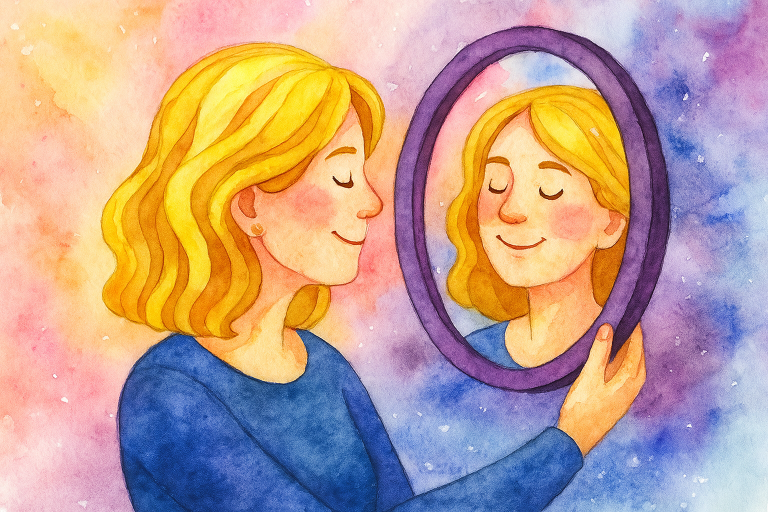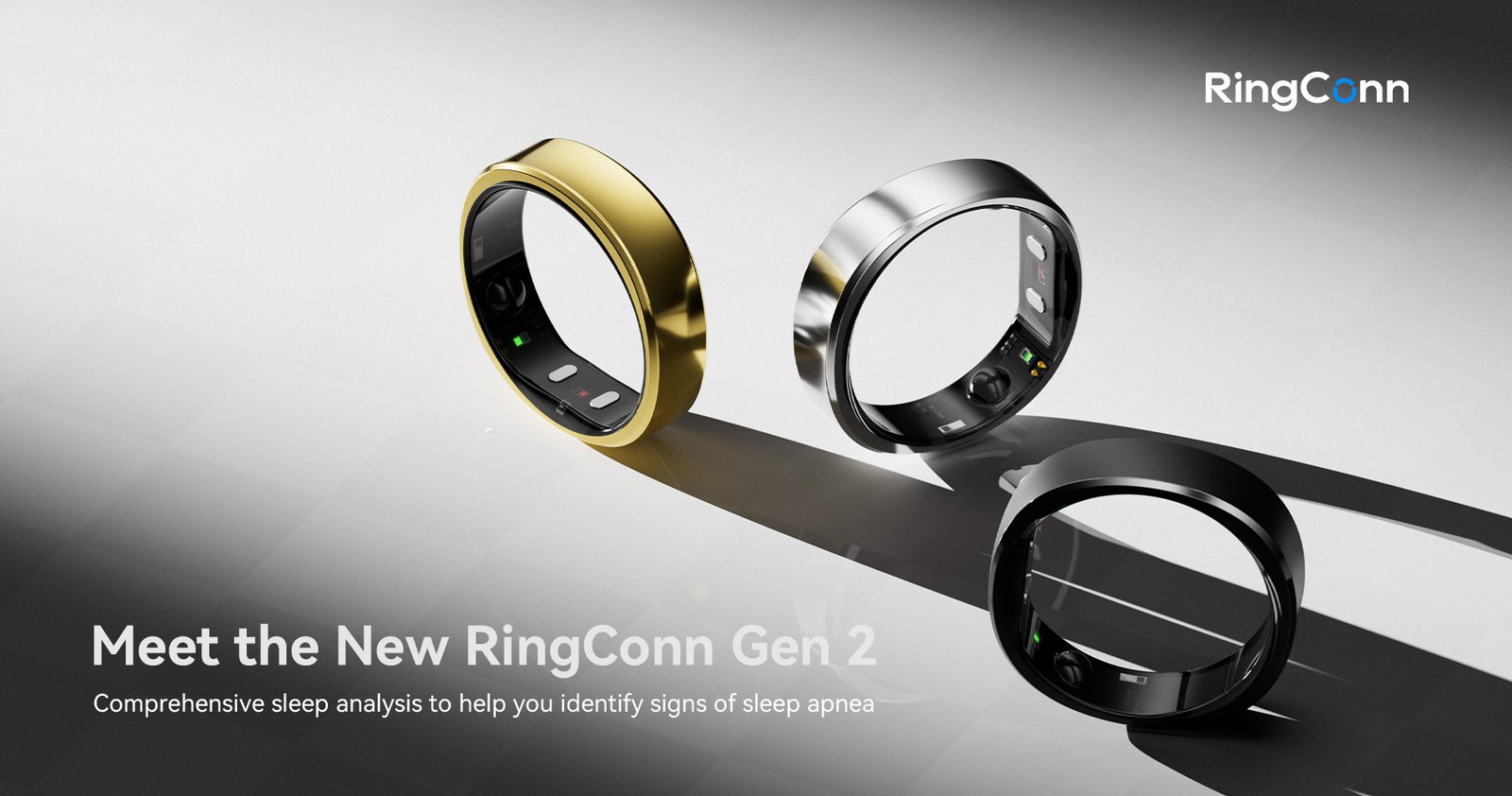For much of my life, I was convinced that the answers I needed were always just beyond my grasp. I believed that if I could only find the right method, the perfect expert, or the ultimate plan, I would finally feel in control—finally get it “right.”
I chased every solution that promised transformation. I devoured self-help books, signed up for countless courses, and clung to step-by-step programs like a lifeline. Each new system felt promising at first, offering a temporary sense of security, like being safely held within the structure someone else had built for me. But beneath that safety was a nagging truth: I didn’t trust myself.
No matter how many experts I followed, I was still outsourcing my decisions, placing my confidence in someone else’s hands. I had lost touch with my own instincts, unsure if I even had the ability to steer my own life without a guidebook.
Then, one day, life slowed down. The noise faded, the distractions quieted, and I was left alone with a simple but unsettling question: What do I actually want? And perhaps even more unsettling: Can I trust myself to go after it?
The honest answer? I didn’t know. I had been so busy listening to everyone else for so long that my own voice had grown faint, almost unrecognizable. That realization was both terrifying and oddly liberating. If I didn’t know what I wanted, it meant I had to start fresh—this time listening to the one person I had ignored for too long: myself.
The Birth of Self-Trust: Action Over Thought
This moment marked a turning point. I realized that self-trust isn’t something you stumble upon in a moment of reflection. It’s not built on endless analysis or finding the “right” answer. Self-trust grows through action—small, consistent actions.
So I started tiny. No grand gestures, no sweeping life changes. Instead, I committed to doing small things for myself each day: drinking a glass of water first thing in the morning, taking a short walk, writing for just ten minutes. These were simple promises, but they were my promises. And I kept them.
Each time I followed through, I laid another brick in the foundation of trust I was building with myself. Every glass of water, every quiet walk, every short journal entry whispered the same message: I can count on me.
Over time, these micro-victories built momentum. Slowly, the need for external validation faded. I didn’t need someone else’s checklist anymore. I didn’t need a plan someone else had written. I was starting to trust my own ability to decide what came next.
When I committed to writing for ten minutes a day, it didn’t seem significant at first. But showing up even on the days when I was tired, uninspired, or uncertain became an act of quiet revolution. It wasn’t about the quality of the writing—it was about honoring my word to myself. That discipline bled into other areas of my life. If I could show up to write, I could show up to move my body. If I could move my body, I could nourish it. If I could nourish it, I could speak more kindly to myself. Each act reinforced the belief that I was capable.
Consistency Over Perfection
What ultimately transformed me wasn’t perfection—it was consistency. Perfection is fragile, easily shattered by the first misstep. Consistency, on the other hand, is forgiving. It’s built on the idea that what matters is simply showing up, again and again.
Every time I chose to sit quietly for a few minutes instead of mindlessly scrolling through my phone, I sent a powerful message to myself: I’m here for you. The more I kept these small promises, the more my mindset shifted. I stopped asking, “What should I do?” and instead asked, “What feels right for me?”
This subtle shift changed everything—not with fireworks or grand epiphanies, but with a grounded sense of peace. I wasn’t reinventing myself. I was coming home to who I had always been.
You Don’t Need to Be Fixed—You Need to Trust
We live in a world constantly selling us the idea that we are incomplete. There’s always another product, another expert, another secret formula promising to finally fix us. But the most valuable lesson I’ve learned is this: You are not broken.
You don’t need another plan. You don’t need more advice or more noise. What you need is trust—the confidence to believe that the answers already live inside you. Your wisdom is there, waiting. You simply need to give it space to breathe and the courage to act on it.
And you don’t need to start big. In fact, you shouldn’t. Start with one small habit that reflects who you want to become. Use that habit as your anchor. It will become your proof that you are capable.
The Quiet Power of Self-Trust
Self-trust doesn’t arrive like a bolt of lightning. It grows quietly, steadily, with each small act of integrity. Each time you keep a promise to yourself, you strengthen the relationship you have with you. And over time, that relationship becomes unshakeable.
When you trust yourself, you no longer need anyone else’s approval. You stop looking for the next fix, the next plan, or the next authority. You realize that the power to change your life has always been in your hands.
And that is where real transformation begins.





